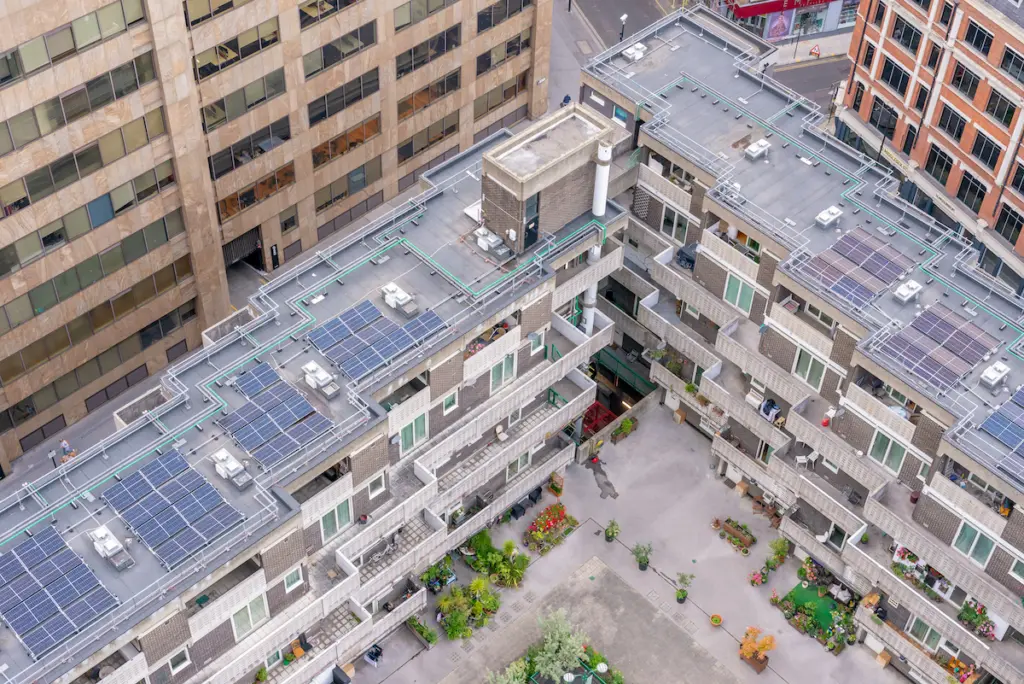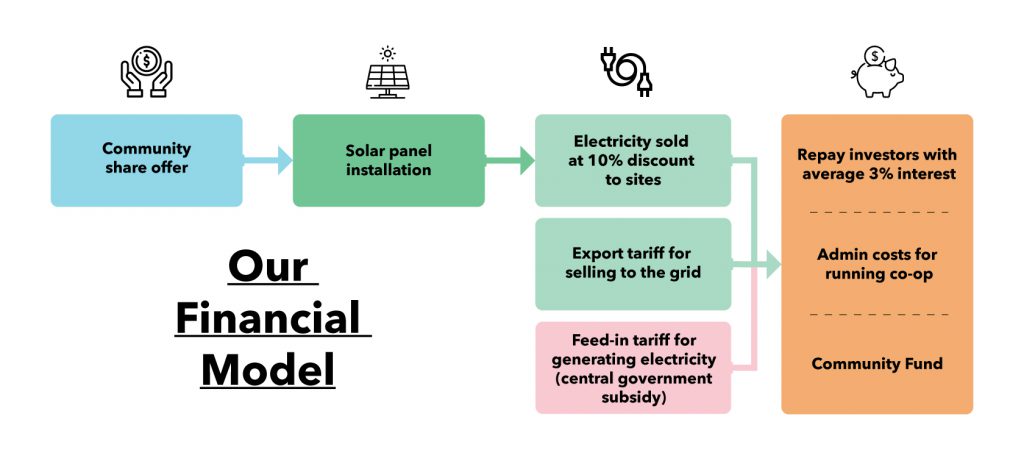A new resource aims to kick-start a crucial component in reaching London’s net-zero target
To try and change that, the Greater London Authority (GLA) has developed a new toolkit for residents. This has been co-funded by the MCS Foundation and developed in partnership with Future Climate and Repowering London, working together to create a toolkit that will support the improvement of blocks of flats.
The toolkit is aimed at landlords, leaseholders, building managers and retrofit professionals and hopes to help them better understand how to boost the energy-efficiency and sustainability of their blocks and buildings.
London’s 3.5 million homes are responsible for around two-thirds of its greenhouse gas emissions, and over 50% of these are flats
How could retrofit benefit your building
If you live in, own, or manage a block of flats, you’ve likely thought about how to improve your building, when it comes to how you use energy. You may have thought about how upgrades to the building could benefit you. For example:
- Could you make flats warmer through adding insulation?
- Could you install solar panels on the roof to generate renewable electricity that has less impact on our planet’s climate?
But because the traditional approach to energy improvements, particularly in the private sector, is to focus on individual, street-level dwellings, you may have struggled to find the information you need to take action on these questions. That’s where the new toolkit comes in.
We know that flats are fundamentally different to houses – sharing infrastructure (walls, roof, access, and in many cases, energy) with many other dwellings. This means they require a tailored approach when it comes to retrofit.
For example, deep retrofit in blocks of flats can only be implemented at a whole-building level. However, delivering whole-block retrofit is currently not well supported by existing technical standards – which are focused on individual dwellings – or the retrofit supply chain, which is focused on houses. With this in mind, the toolkit has been designed to provide support, advice and guidance specifically tailored for blocks of flats.
Unique challenges
There are many challenges specific to retrofitting blocks of flats. For instance:
- Block-level action requires many people to agree on an approach and provide funding
- Flats present a variety of legal and logistical obstacles (e.g., fire risk remediation)
- Funding programmes have largely been ineffective at encouraging block-level action
Despite these challenges, there is no path to net zero that does not include improving the energy efficiency and performance of blocks of flats.
The Mayor of London has declared a decarbonisation target that means making London net zero by 2030. London’s 3.5 million homes are responsible for around two-thirds of its greenhouse gas emissions, and over 50% of these are flats. Nationally over 20% of homes are flats – so this is an issue that the whole country needs to address. The Mayor is delighted to support residents across the country to improve their homes.
So, in London and across the country we clearly face a huge challenge but are also presented with a great opportunity. We hope this new toolkit will help us all to meet both head on.
Ready to find out more about retrofit? Find the toolkit here.


